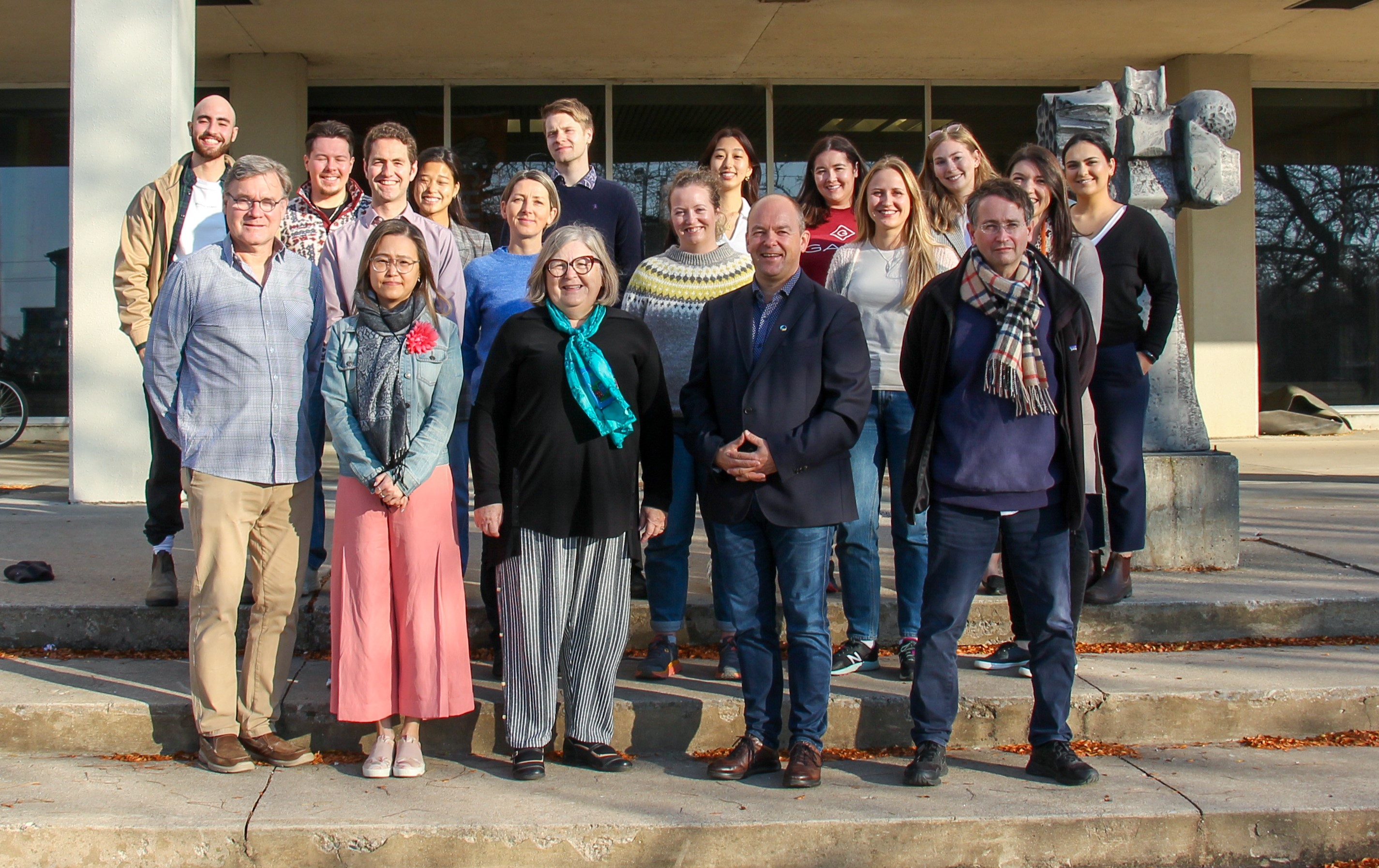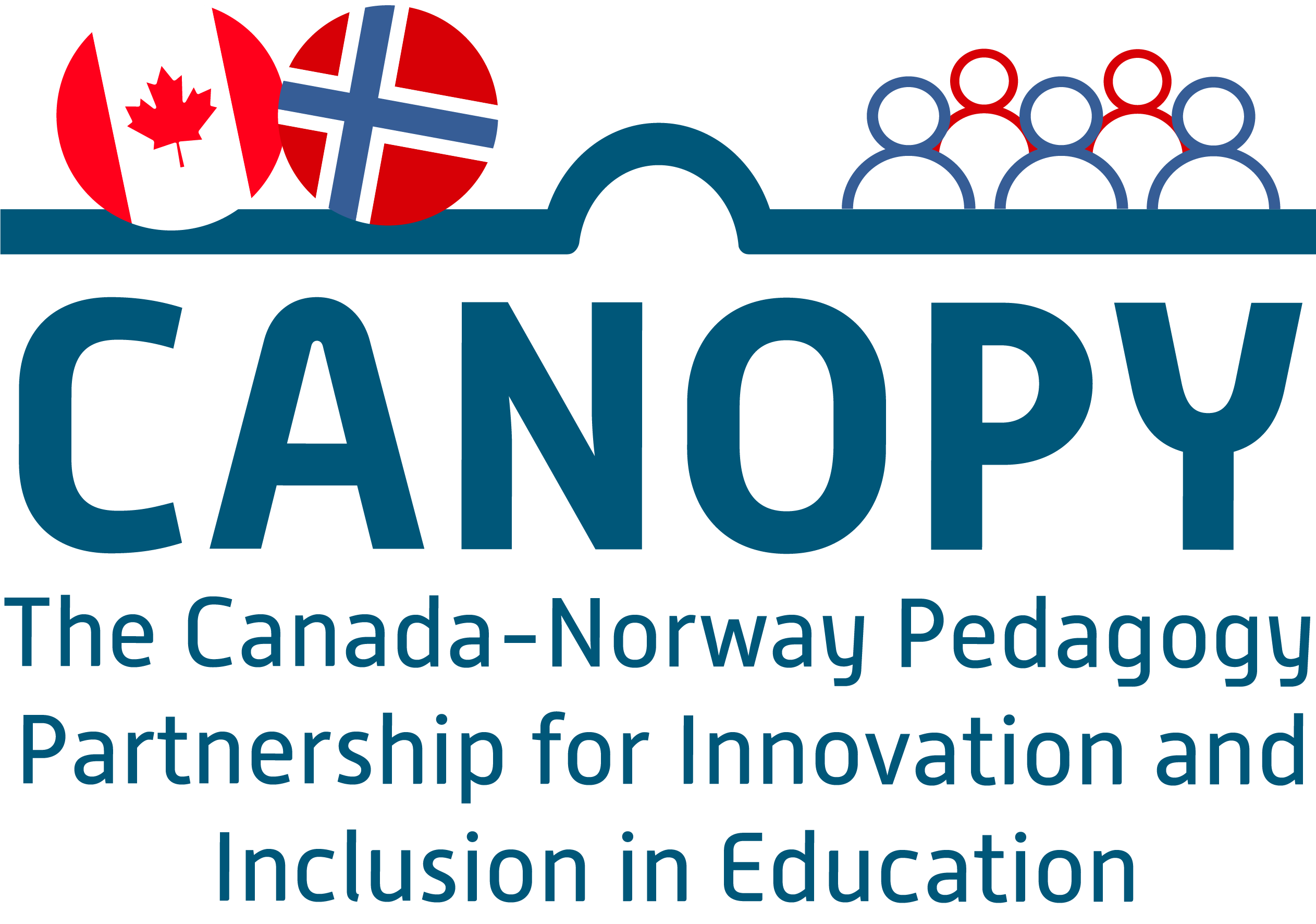Student Experience with CANOPY
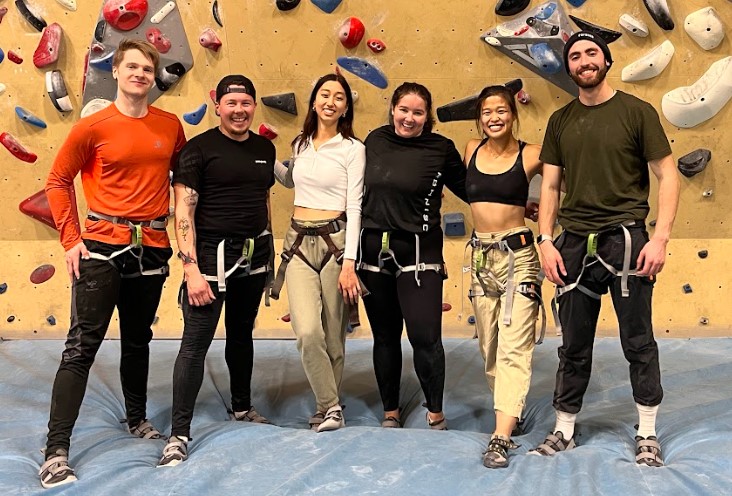
Every year, six students are selected to join a short term mobility activity as members of the annually-rotating CANOPY Partnership Groups (CPG). The CPG meets physically twice a year – once in Canada and once in Norway. Along with school teachers, academic staff and university leaders, they are equal partners, working towards the goal of the project by collaboration through seminars, workshops, and consultations. The student voices and perspectives are unique as they, during their every-day life as full-time students, are pupils, researchers and teachers simultaneously. During their time as members of the CPG, they participate in events and activities aiming to enhance the quality of the teacher education programs at Nord and Queen’s by ensuring that they are engaged with the most current issues and advances in the field, by leading to the development of superior modules and curricula, and by cultivating international collaboration and dissemination opportunities that will extend beyond the project period.
“After a whole year of completing school and meetings via online platforms due to the pandemic, the fatigue with using technology to forge professional relationships was apparent. However, thanks to our ability to proceed with the CPG meetings in person, the interpersonal dynamics within our project team flourished.” – Jennifer Yang, Queen’s University
CANOPY Partnership Seminars
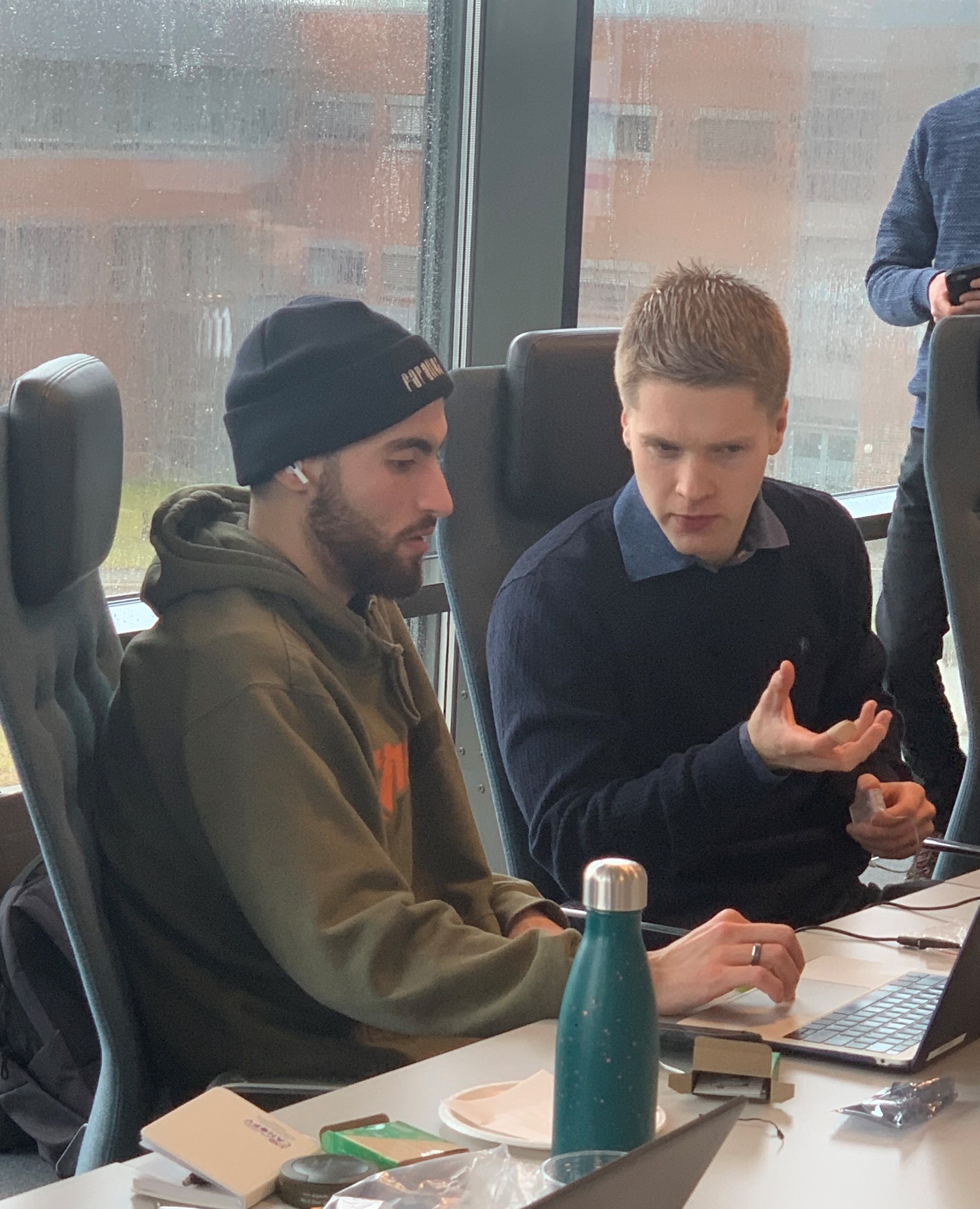
The students from Queen’s University didn’t know what to expect when they hopped onto the plane and set off for Norway, to participate in their year’s first partnership seminar in Bodø, Norway. Jennifer Yang from Queen’s University experienced her first physical meeting with the group as welcoming and eye-opening. She appreciated having the chance to voice her (and the other student’s) research interests and converse about their thoughts in the professional setting of a conference. She describes this experience as exciting and novel. During the seminars, Janelle Lee from Queen’s University felt it particularly intriguing to see the difference between the perspectives of the student and the experienced educator and researchers on topics such as ed-tech games, because of the different values between generations.
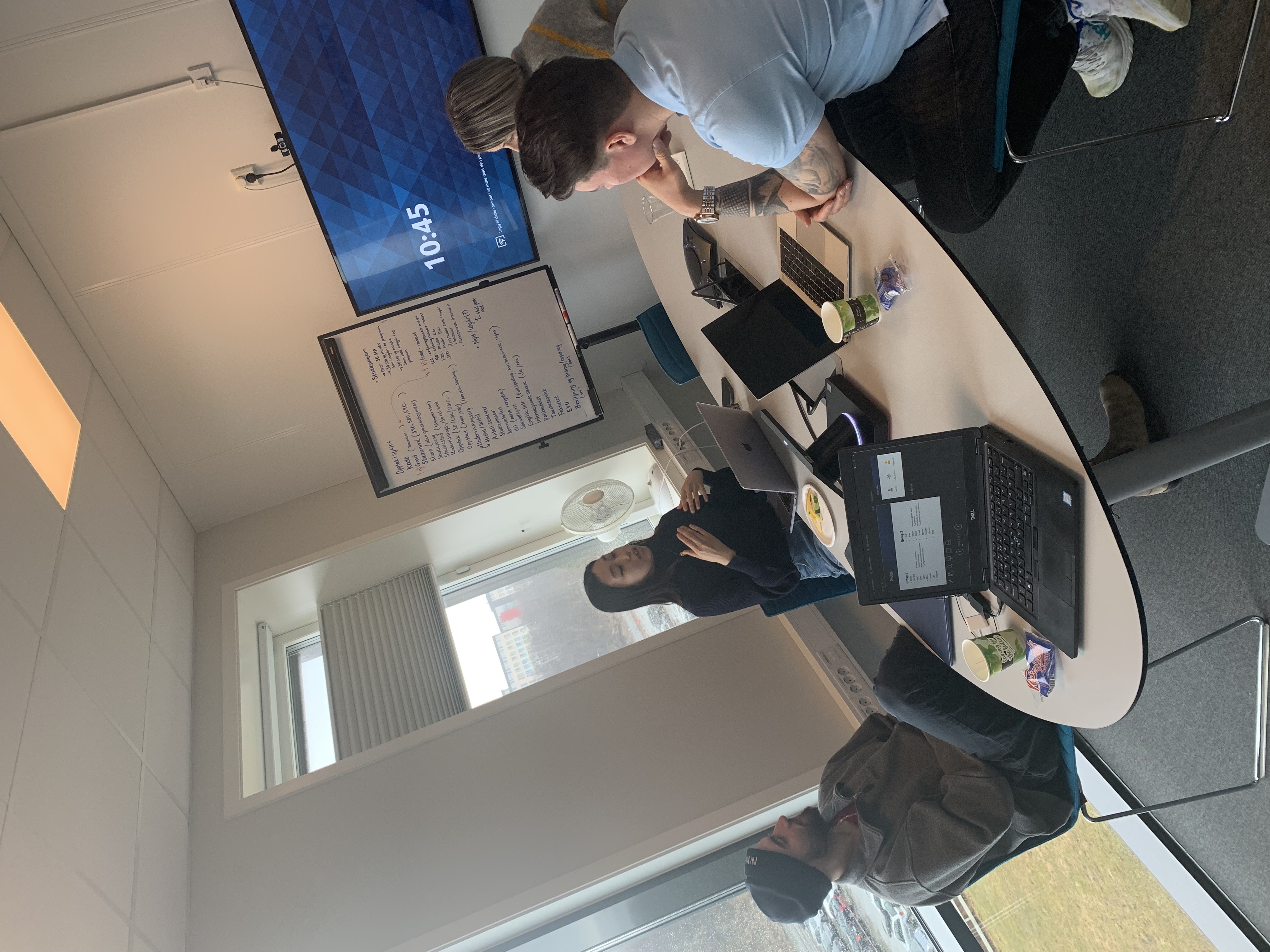
In the context of the project, from the very beginning, Stefan Bjørnevik from Nord University established a common interest with faculty members and teachers from Canada on how to develop learning towards programming and coding. He found the presentations and their diversity very interesting, such as the use of technology to geographically map history.
Similarities between Norway and Canada became visible during the presentations and discussions. A common theme seemed to be that there was a push for coding skills in both systems but a lack of training, hesitance and fear from teachers.
In order to innovate education, it is important to open the mindset of teachers to coding and inspire them by showing them the value of coding in developing critical thinking skills, autonomy, creativity, and digital literacy. – Janelle Lee, Queen’s University
During the second meeting, the groups were divided into focus groups. The discussions were a part of the group session the students really enjoyed, because everyone was able to bounce off each other’s ideas and learn from each other. Another part of the program highlighted as particularly interesting was to learn about the Research-Practice-Policy model and the long-term plan of the CANOPY-project.
Research opportunities
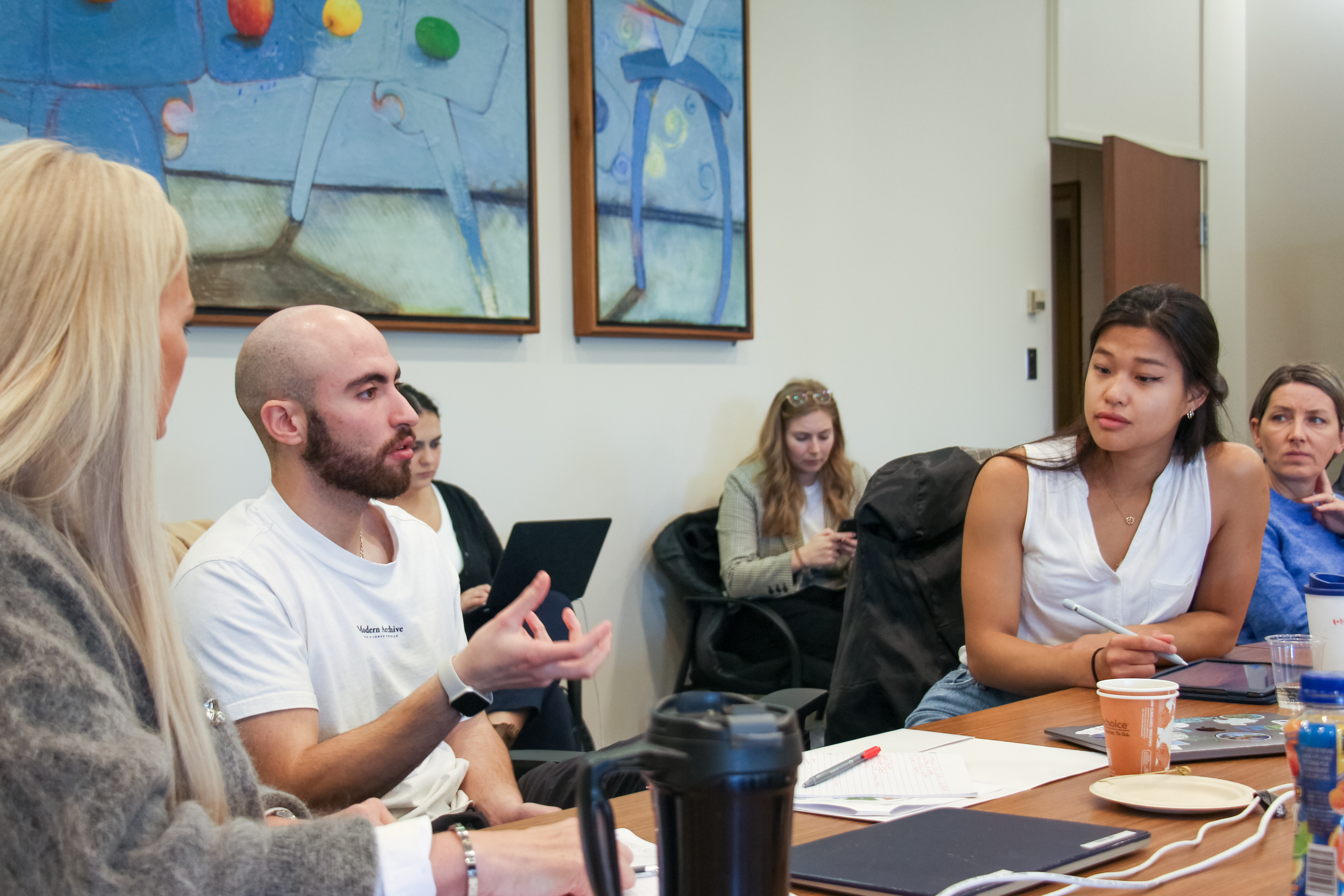 Participation in the project gave opportunities to take part in important research in the field of teacher education, which was highly appreciated by both Stefan Bjørnevik and Viktor Båssa from Nord University. CANOPY opened the student’s minds to the different career paths they could take in the future, as well as gaining a deeper appreciation for academia. It also made the PhD path seem less scary and gained interest and instilled a curiosity towards pursuing research in the future. Sigrid Ottesen from Nord University stated that the project increased her understanding of research and research communities tremendously. Another amazing experience for her was the fact that she got to work with people from the other side of the globe.
Participation in the project gave opportunities to take part in important research in the field of teacher education, which was highly appreciated by both Stefan Bjørnevik and Viktor Båssa from Nord University. CANOPY opened the student’s minds to the different career paths they could take in the future, as well as gaining a deeper appreciation for academia. It also made the PhD path seem less scary and gained interest and instilled a curiosity towards pursuing research in the future. Sigrid Ottesen from Nord University stated that the project increased her understanding of research and research communities tremendously. Another amazing experience for her was the fact that she got to work with people from the other side of the globe.
The international perspective
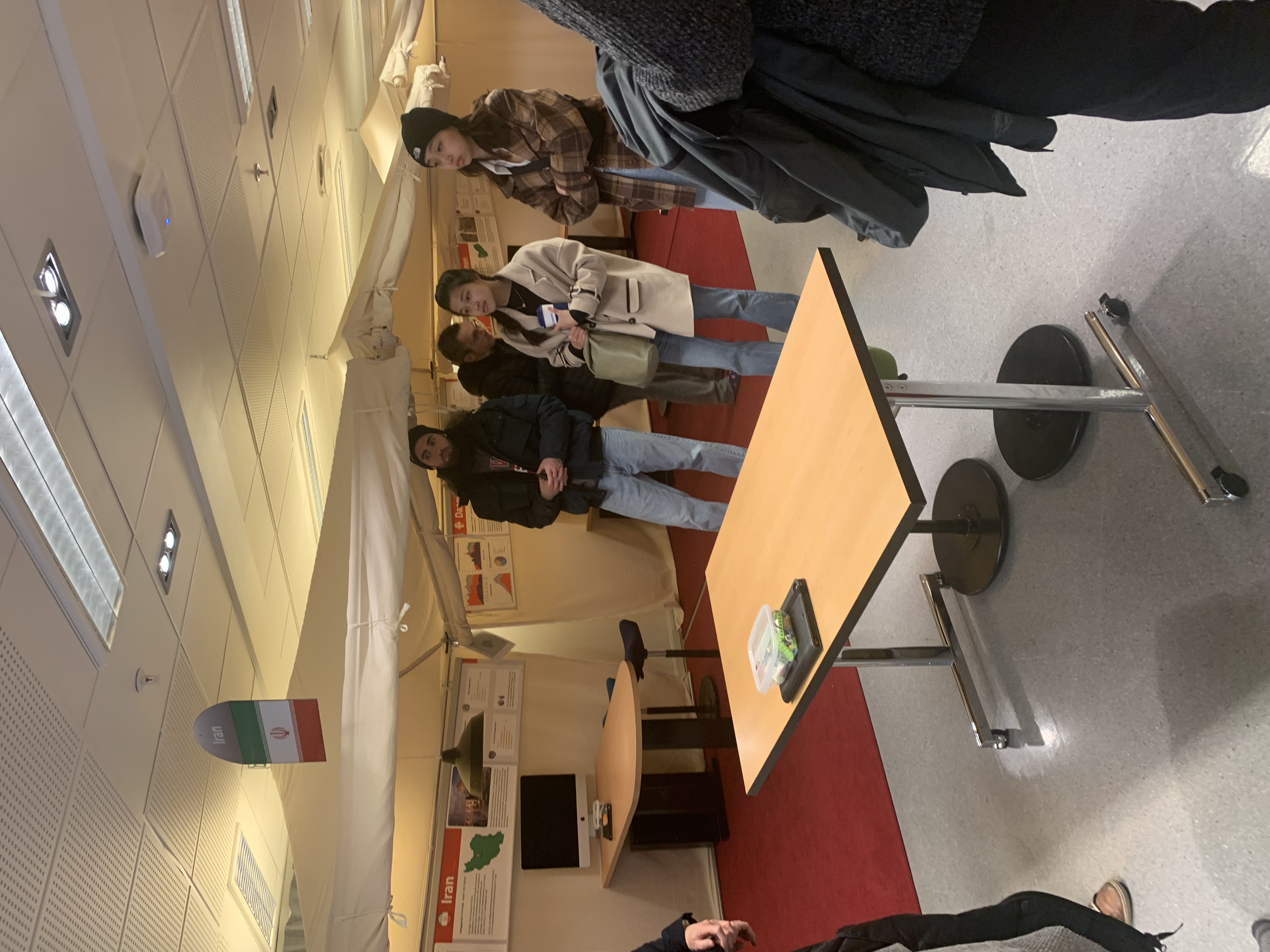
In addition to the partnership seminar, where all 14 members are together, the visiting group do extracurricular tours. Visiting schools are a high priority among the tours, as it gives the visiting group an active experience with schools in a different country. The students from Norway and Canada all enjoyed visiting schools during the seminars. For some it was one of the favorite parts of the meetings, and they appreciated the opportunity to learn from the schooling system and practices.
In Norway, the Canadian students noticed the advanced technology used in classrooms with young children, such as the Promethean Smartboard. Observing the different kinds of technology used in Norwegian schools helped seeing potential of different technologies in Canadian classrooms and to assess what the drawbacks are as well. Another thing they noticed was that Norway doesn’t divide subjects – that there is a greater emphasis on holistic learning.
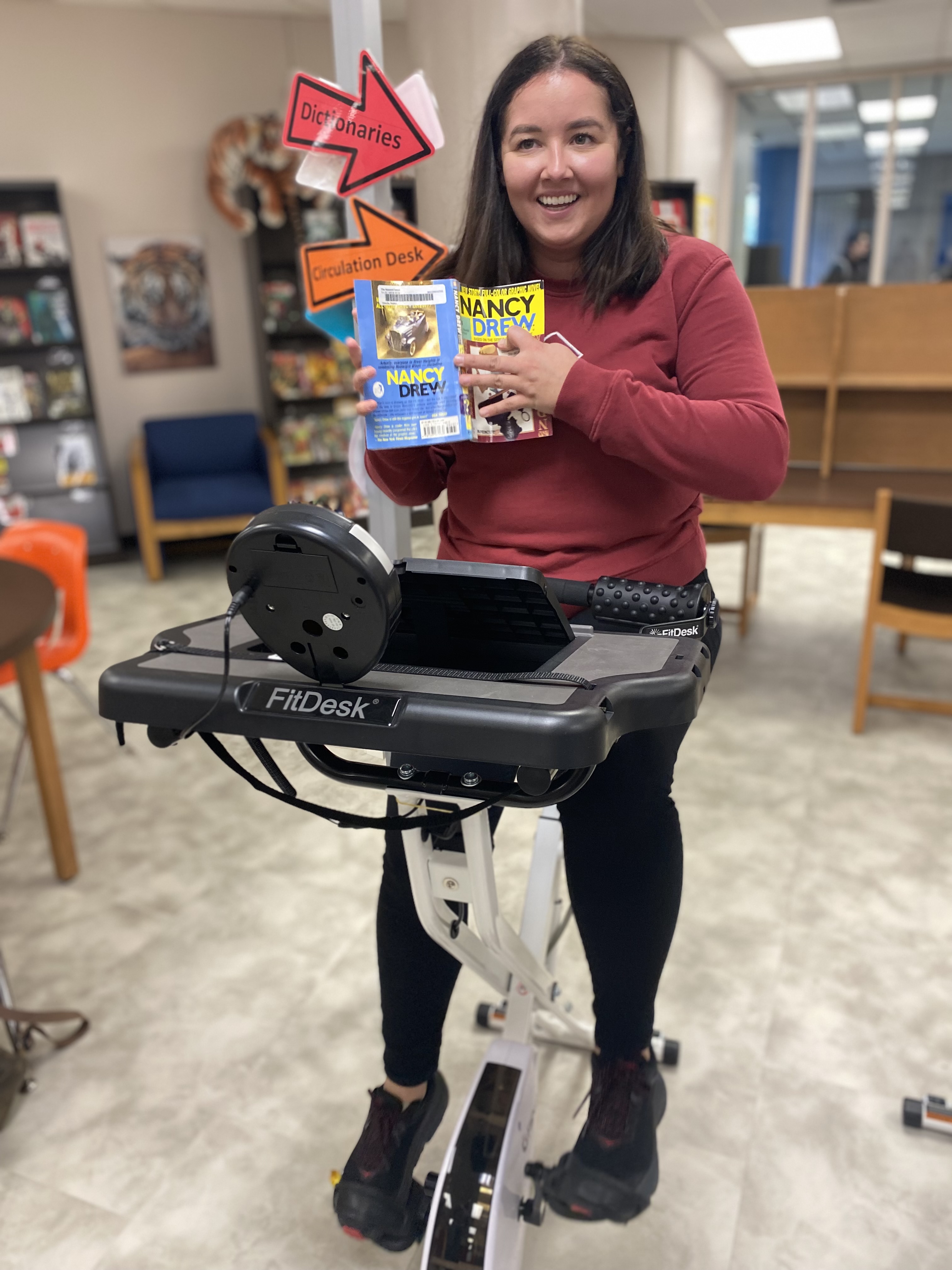
The Norwegian students also noticed the value looking at another country’s education. It helps seeing what their education system could be – what it lacks and what is done well. They gained a better understanding of the Canadian school system, and made them reflect on the Norwegian school system. The visit made it easier to draw parallels and reflect on the various sides of the Norwegian school system.
When the Canadian group were in Norway, one of their tours was to Newton Room and Newton Flight Academy. They got hands-on experience with parts of the academic activities Norwegian students take part in when they have their lessons at Newton Flight Academy. Among those activities, the Canadians got the opportunity to fly in full motion flight simulators.
During the second partnership seminar in Canada, the Norwegians went to Elbow Lake Educational Centre and experienced examples on how to combine technology and being outdoors. Their program included a scavenger hunt where a regular map, an app (Adventure Lab) and a GPS were used simultaneously and a language walk using QR-codes to listen to words and stories in indigenous languages. During their day at Elbow Lake, discussions started and ideas developed.
Gaining friendships
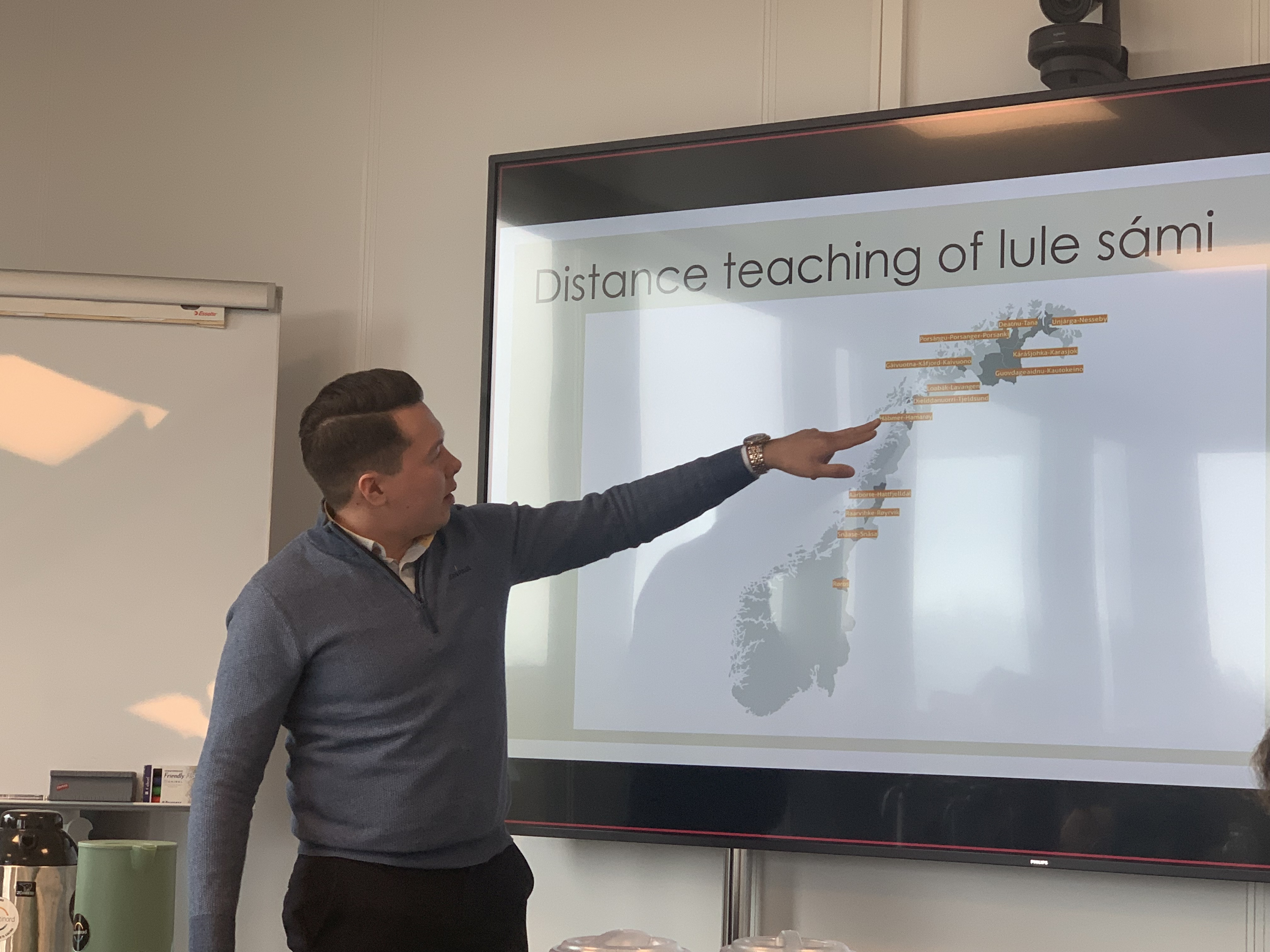
During their time together in Norway and Canada, the students established friendships. They appreciated the opportunity to hang out in less formal setting, such as the networking events, and cherished the opportunity to get closer with each other during the partnership seminars. Even though the conversations that occurred while spending time together were informal, they led to learning and reflections. In addition to the educational conversations, the students got to know each other on a personal level. The learned what experiences and opinion they share, learned about each other’s culture and most of all enjoyed each other’s company. Janelle had so much fun climbing, solving puzzles in an escape room, and seeing the beauty of Saltstraumen.
“I have gotten the opportunity to get to know a bunch of wonderful people in the field of education, as well as learning more about innovation and technology in teaching. To top it off, I also got to experience Canada, which has given me memories for life.” – Viktor Båssa, Nord University
Looking back at the experiences
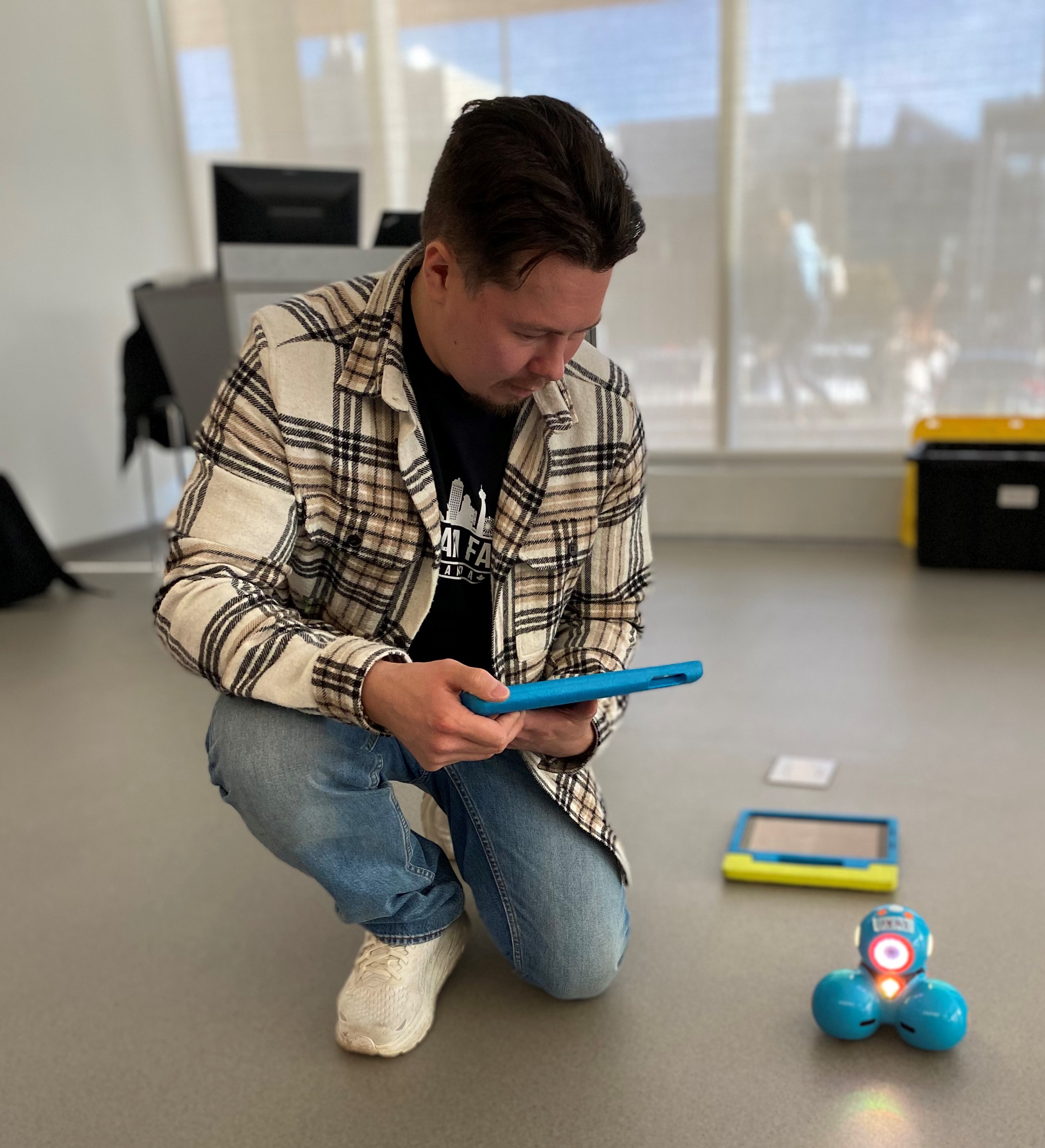 One of the key skills Janelle Lee gained from her participation in the project was the ability to question everything and to consider multiple viewpoints: “during the conference week (in Norway), the group discussions were so interesting because my ideas were constantly challenged by other ideas, pushing me to think critically about the different aspects of technology and expand my perspectives”. Sigrid stated she grew a lot during the project – as a student, a researcher, and as a human being. In addition to that, she points out that she also gained relationships during her time in the project.
One of the key skills Janelle Lee gained from her participation in the project was the ability to question everything and to consider multiple viewpoints: “during the conference week (in Norway), the group discussions were so interesting because my ideas were constantly challenged by other ideas, pushing me to think critically about the different aspects of technology and expand my perspectives”. Sigrid stated she grew a lot during the project – as a student, a researcher, and as a human being. In addition to that, she points out that she also gained relationships during her time in the project.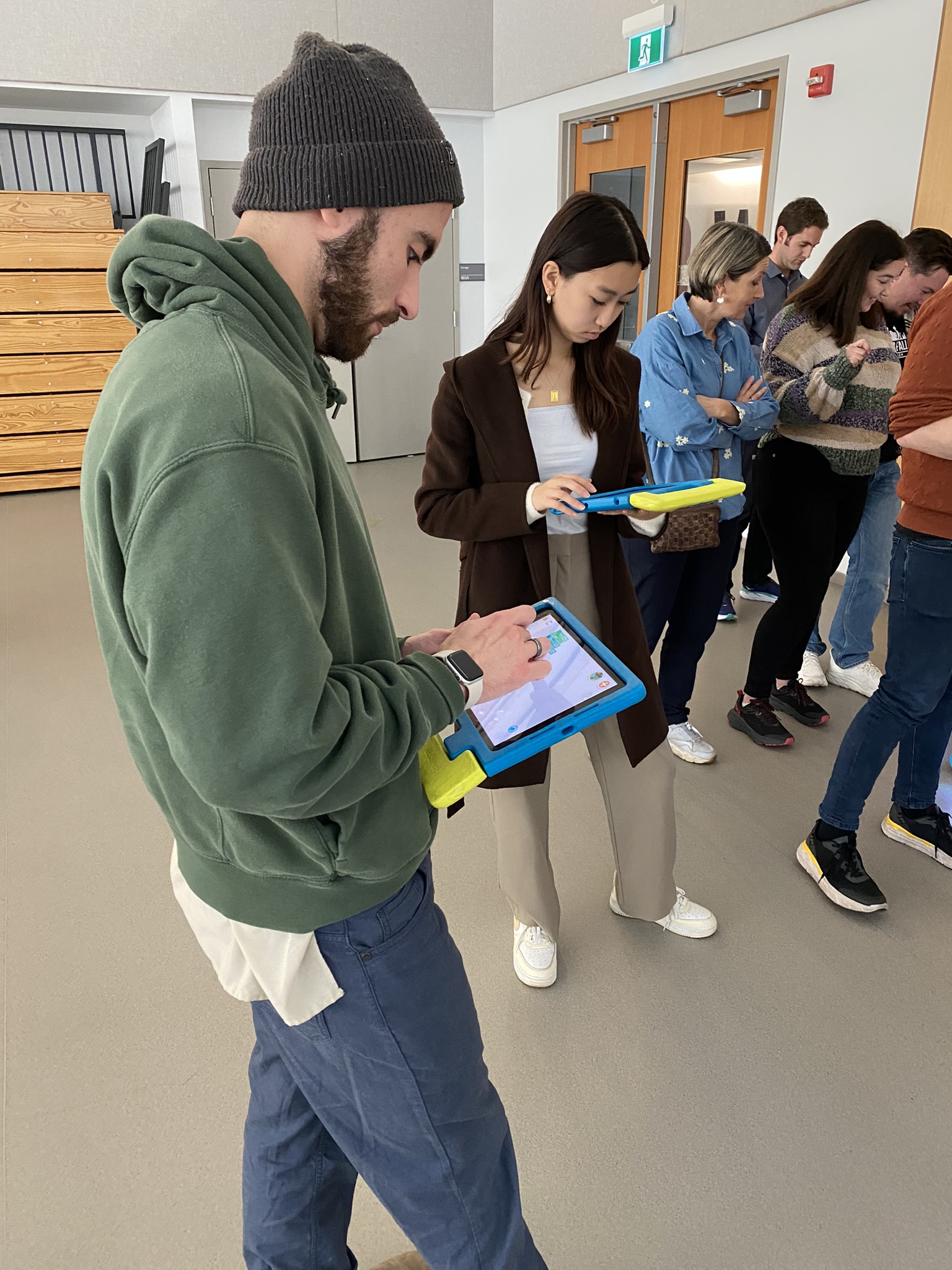
While Jennifer’s education research has always been an interest of hers, she is now even more aware of the diverse avenues she can explore. Despite having completed her participation in the 2022 theme of the project, she knows that she will continue to cherish and utilize the knowledge she learned in her future teaching and research practices.
When Janelle started her trip towards Norway, she was excited to meet new people and learn from them. After her visit to Norway and participation in the first partnership seminar, she looks back at it as one of the most transformative and rewarding experience she’s ever had.
“We really don’t know everything and the more we learn, the more we realize there’s so much more we don’t know” – Janelle Lee, Queen’s University
